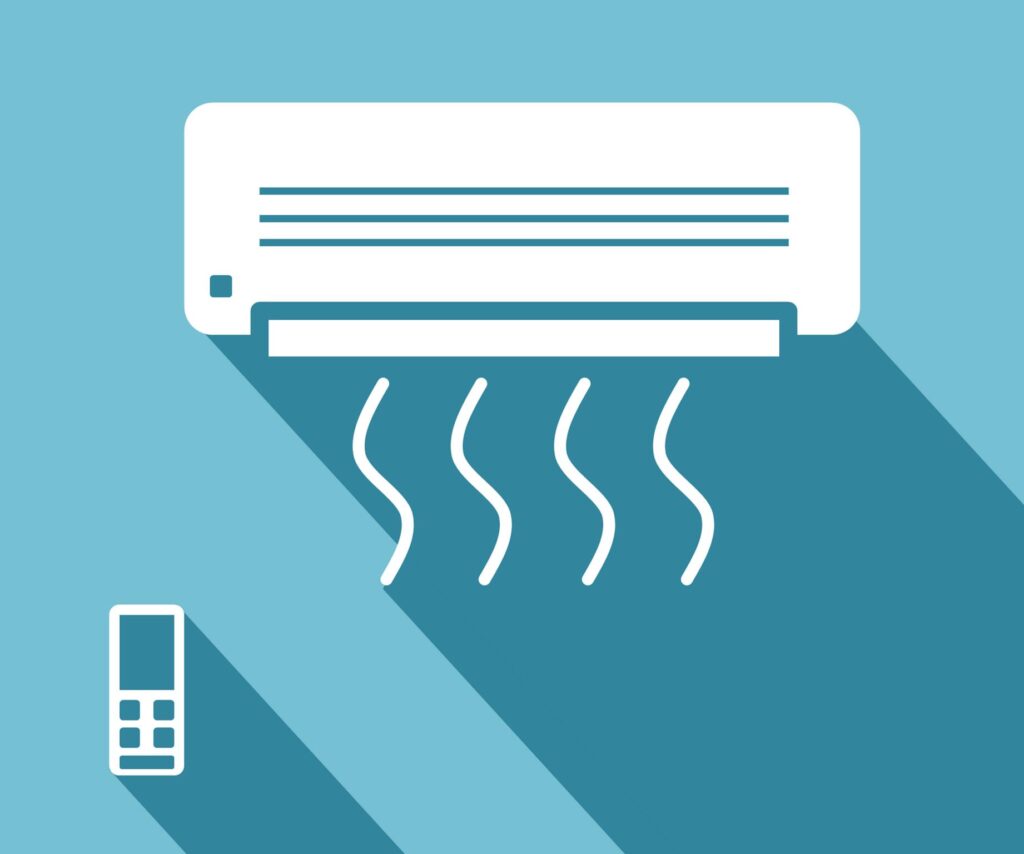When your HVAC system isn’t working right, it can disrupt your comfort. Knowing the signs of common problems can help you act fast.
Troubleshooting HVAC issues doesn’t have to be complicated. From weak airflow to strange noises, these symptoms often point to fixable issues. Understanding what they mean can save you time and money.
In this guide, we’ll cover the most common HVAC problems and what they might mean. Keep your system running smoothly with these helpful tips!
Weak Airflow from Vents
If you notice weak airflow, it’s a sign your HVAC system isn’t working properly. This issue might be caused by a dirty air filter. It could also point to a problem with your ductwork or blower motor.
To fix this, start by replacing or cleaning the air filter. If the problem continues, check for leaks in your ductwork. Persistent weak airflow may require professional cooling system services to restore performance.
Unusual Noises
Loud or strange noises coming from your HVAC system aren’t normal. Squealing, banging, or rattling sounds can signal mechanical issues. These noises often point to worn-out parts, loose components, or debris caught in the system.
Address this by scheduling seasonal HVAC check-ups. Regular inspections can prevent parts from wearing out. If you hear unusual noises, don’t ignore them-timely repairs are crucial.
Uneven Temperatures in Your Home
Do some rooms in your home feel colder or hotter than others? Uneven temperatures are a common sign of HVAC trouble. They can result from poor insulation, blocked vents, or thermostat problems.
To improve comfort, try balancing the airflow by opening or closing vents. Check your thermostat settings to ensure accuracy. If these steps don’t work, it may be time for a professional air conditioning repair.
The HVAC System Turning On and Off Frequently
Short cycling, where the system frequently turns on and off, can waste energy and damage your HVAC unit. This problem often stems from a clogged air filter, a thermostat issue, or an improperly sized system.
To fix this, follow basic HVAC maintenance tips, like replacing filters and cleaning the area around the unit. A technician may need to adjust the thermostat or check for deeper issues. Don’t wait too long, as short cycling can lead to higher energy bills.
Unusually High Energy Bills
A sudden increase in your energy bills can signal an HVAC problem. This could mean your system is working harder than it should. Causes include dirty filters, old equipment, or a poorly maintained furnace.
An efficient furnace repair or equipment upgrade might solve the issue. Seasonal check-ups help catch problems early and improve energy efficiency. Lowering your bills starts with identifying the root cause.
The Importance of Troubleshooting HVAC: Prevent Future Problems
Troubleshooting HVAC issues early can save you time and money. By paying attention to common symptoms like weak airflow, unusual noises, or temperature changes, you can keep your system running smoothly. Regular maintenance and quick fixes are key to preventing bigger problems.
Remember, troubleshooting HVAC doesn’t have to be difficult. With the right knowledge, you can ensure your HVAC system stays efficient and your home remains comfortable all year round.
Did this article help you? If so, take a look at some of our other blog posts for more informative reads.







